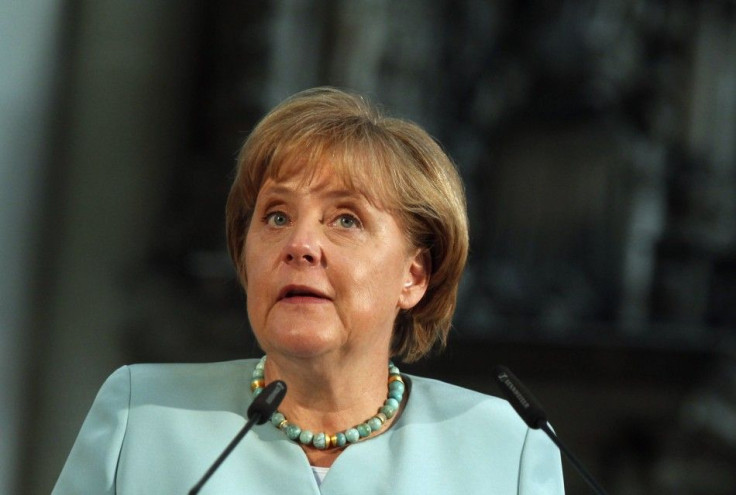Dow Jumps 5 Percent This Week: 6 Reasons Why

U.S. equities ended the week strong on Friday, with the Dow Jones Industrial Average rising 1.45 percent, the S&P 500 climbing 1.74 percent, and the Nasdaq Composite rallying 1.82 percent.
For the week, the Dow rose five percent. From the beginning of the current rally, which started last Tuesday, the Dow rose a total of nine percent.
Before that, U.S. stocks were hammered and the Dow fell as much as 19 percent from the May 2 high.
U.S. stocks and other global risk assets climbed from their October lows mostly on headlines and economic data suggesting that the world would probably avoid a double-dip recession and global financial crisis in the near-term.
Going into the weekend of the G20 meeting of finance ministers and central bankers, some investors are hoping for the event to produce even more positive headlines regarding the bailout of Europe.
Peter Boockvar, equity strategist at Miller Tabak, listed six developments from the past week that helped drive the markets higher:
1)Merkel and Sarkozy agree to agree on European solution with details to come. EU specifically working on Greek debt restructuring Part II, bank recap's and Superman EFSF
2)Retail Sales in Sept surprise to upside and Aug gains revised up, notwithstanding tough labor market and global market turbulence over past few months
3)Initial Jobless Claims 4 week average falls to lowest since mid Aug
4)Sept NFIB small business optimism index up slightly from one yr low
5)Indonesia cuts interest rates, 1st Asian country to reverse recent tightening policy. Singapore follows with slight ease
6)Australian job gains in Sept twice expectations, key to watch as China proxy
Boockvar, however, does not think the past week’s developments were all bullish.
He cited rising bond yields in peripheral Eurozone countries, weak economic data from China, and a downbeat University of Michigan consumer confidence report as worries.
© Copyright IBTimes 2024. All rights reserved.





















